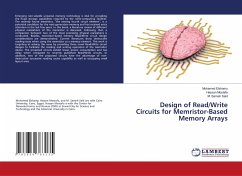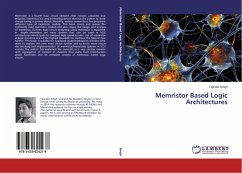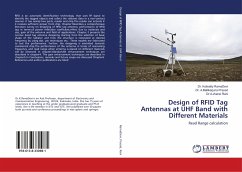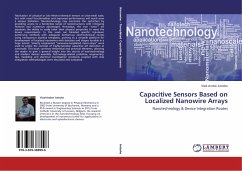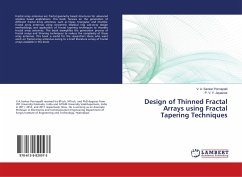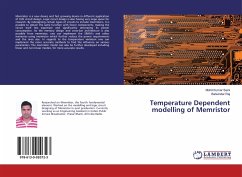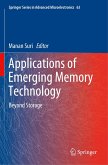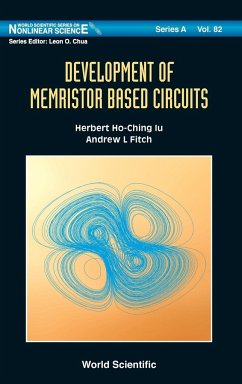Emerging non-volatile universal memory technology is vital for providing the huge storage capabilities required by the nano-computing facilities. The recently found memristor, "the missing fourth circuit element", is a potential candidate for the next-generation memory and has received extra attention in the last few years. In this book, a literature review of different physical realizations of the memristor is discussed. Following that, a comparison between two of the most promising physical realizations is conducted. Besides, memristor-based memory Read/Write circuit design considerations are demonstrated. Current literatures show destructive reading issue when using the memristor as a memory element. This work is targeting at solving this issue by providing three novel Read/Write circuit designs to facilitate the reading and writing operation of the memristor device. The proposed circuits exhibit lower power consumption and less delay when compared to recently published Read/Write circuits. In addition, two of the proposed circuits have the advantage of non-destructive successive reading cycles capability as well as occupying small layout area.

